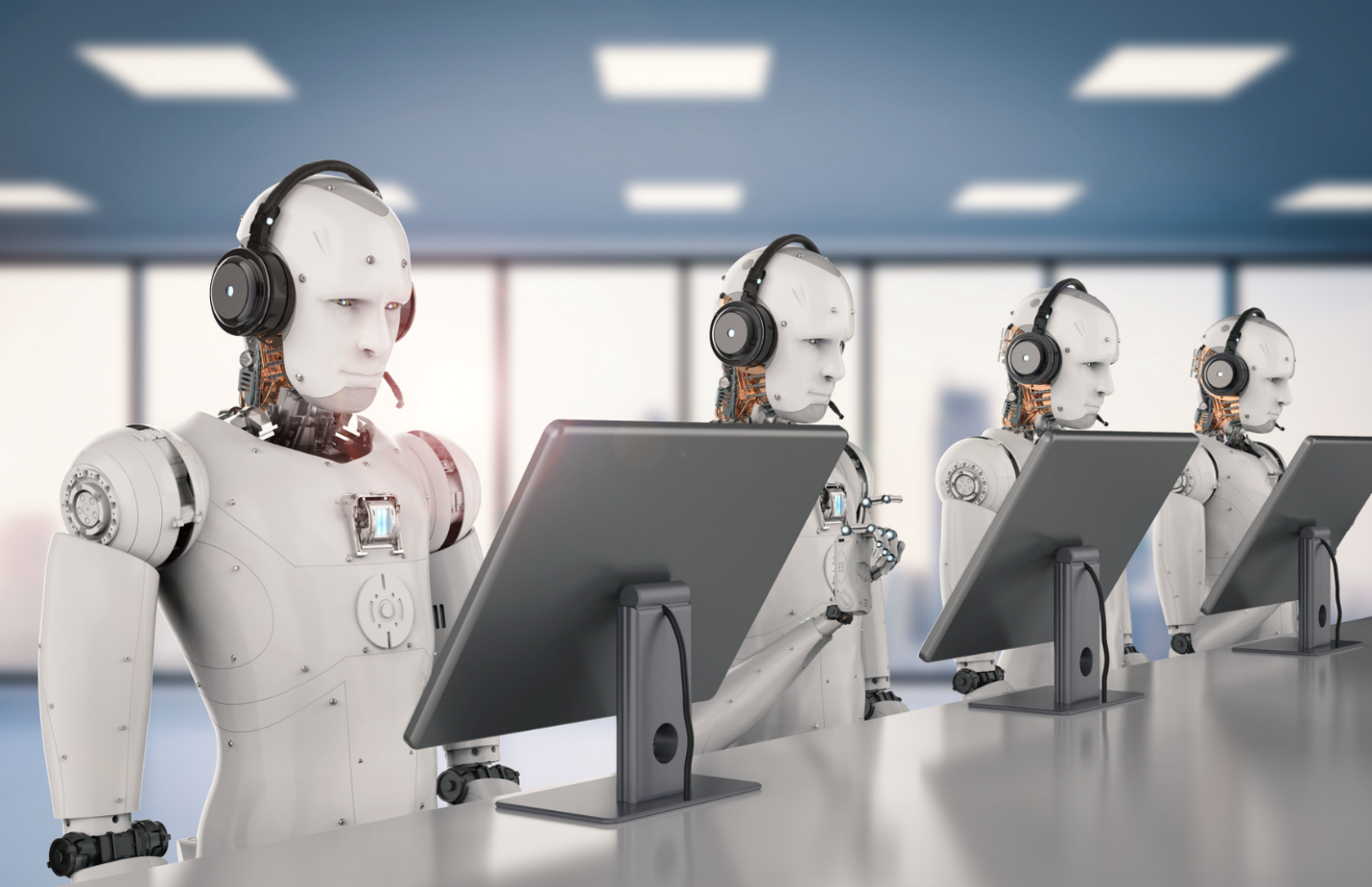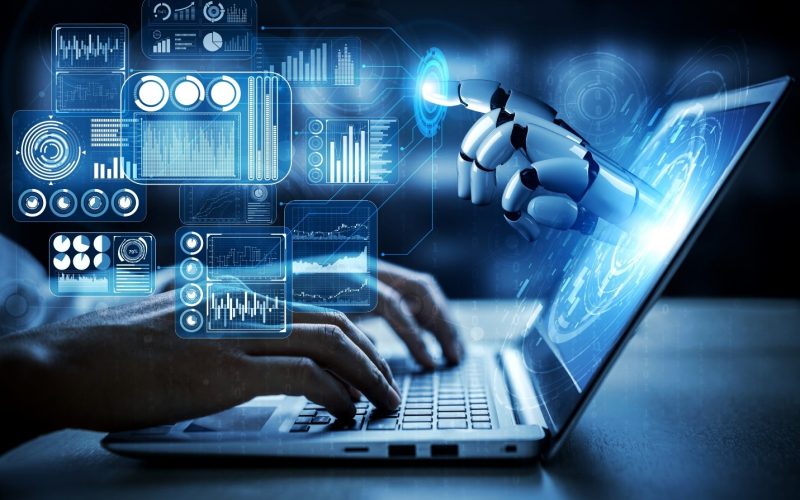The landscape of work is undergoing a seismic shift, driven by the rapid advancements in automation and artificial intelligence (AI). As these technologies continue to evolve, they are poised to redefine the nature of jobs, the skills required, and the overall structure of the workforce. This article delves into the transformative impact of automation and AI on the future of work, exploring both the opportunities and challenges that lie ahead.
The Rise of Automation and AI
Automation and AI are not new phenomena, but their capabilities have grown exponentially in recent years. Automation refers to the use of technology to perform tasks without human intervention, while AI involves machines mimicking human intelligence to make decisions and solve problems. Together, these technologies are revolutionizing industries by enhancing efficiency, reducing costs, and enabling new forms of innovation.
The Impact on Employment
One of the most significant concerns surrounding automation and AI is their impact on employment. There is a widespread fear that these technologies will lead to mass unemployment by replacing human workers. While it is true that certain jobs are at risk of being automated, the reality is more nuanced.
Job Displacement vs. Job Creation
Automation and AI are likely to displace some jobs, particularly those involving repetitive and routine tasks. For example, manufacturing jobs that involve assembly line work or data entry positions are susceptible to automation. However, history has shown that technological advancements also create new jobs and industries. The key is to understand the balance between job displacement and job creation.
The Emergence of New Roles
As automation and AI take over mundane tasks, they free up human workers to focus on more complex and creative endeavors. This shift is giving rise to new roles that require skills in AI management, data analysis, cybersecurity, and more. For instance, the demand for AI specialists, machine learning engineers, and data scientists is on the rise, reflecting the growing importance of these technologies.
The Skills of the Future
The future of work will demand a different set of skills than those required in the past. As automation and AI become more prevalent, workers will need to adapt to new roles and responsibilities. There are several key skills that will be essential in this new landscape.
Technical Skills
Proficiency in technical skills such as coding, data analysis, and machine learning will be crucial. Understanding how to work with AI systems and leverage automation tools will be a valuable asset. Additionally, knowledge of cybersecurity will be important to protect sensitive data and systems from cyber threats.
Soft Skills
While technical skills are important, soft skills will also play a vital role in the future of work. Skills such as critical thinking, creativity, emotional intelligence, and adaptability will be highly sought after. These skills enable workers to navigate complex problems, collaborate effectively, and drive innovation.
Lifelong Learning
The rapid pace of technological change means that workers will need to embrace lifelong learning. Continuous education and upskilling will be necessary to stay relevant in the job market. Employers and educational institutions will need to provide opportunities for workers to acquire new skills and keep pace with advancements in automation and AI.

The Role of Businesses and Policymakers
The transition to a future dominated by automation and AI will require collaboration between businesses, policymakers, and educational institutions. Each of these stakeholders has a role to play in ensuring a smooth and equitable transition.
Businesses
Businesses must take a proactive approach to workforce planning and development. This includes investing in employee training and development programs to equip workers with the skills needed for the future. Additionally, companies should foster a culture of innovation and adaptability to stay competitive in an AI-driven world.
Policymakers
Policymakers have a responsibility to create an enabling environment for the adoption of automation and AI while addressing potential negative impacts. This includes implementing policies that support workforce retraining and reskilling, as well as providing social safety nets for displaced workers. Additionally, regulations that promote ethical AI practices and data privacy will be essential.
Educational Institutions
Educational institutions must adapt their curricula to prepare students for the future of work. This includes incorporating technical skills such as coding and data analysis, as well as fostering critical thinking and problem-solving abilities. Partnerships between educational institutions and industry can help ensure that training programs are aligned with the needs of the job market.
Ethical Considerations
As automation and AI become more integrated into the workplace, ethical considerations will come to the forefront. Issues such as bias in AI algorithms, data privacy, and the impact of automation on income inequality will need to be addressed.
Bias in AI
AI systems are only as good as the data they are trained on. If the training data contains biases, the AI system will likely reproduce those biases. This can lead to unfair and discriminatory outcomes in areas such as hiring, lending, and law enforcement. It is essential to develop and implement strategies to mitigate bias in AI systems.
Data Privacy
The widespread use of AI and automation involves the collection and analysis of vast amounts of data. Ensuring the privacy and security of this data is critical. Companies must adopt robust data protection measures and comply with regulations to safeguard sensitive information.
Income Inequality
The benefits of automation and AI may not be evenly distributed, potentially exacerbating income inequality. Policymakers and businesses must work together to ensure that the gains from these technologies are shared broadly. This could involve measures such as progressive taxation, social safety nets, and policies that promote inclusive growth.
Conclusion
The future of work, shaped by automation and AI, holds both promise and challenges. While these technologies have the potential to enhance productivity and drive innovation, they also pose risks to employment and raise ethical concerns. Navigating this transition will require a concerted effort from businesses, policymakers, educational institutions, and workers themselves.
By embracing lifelong learning, fostering a culture of innovation, and addressing ethical considerations, society can harness the benefits of automation and AI while mitigating their downsides. The future of work is not predetermined; it is a landscape that we have the power to shape. With thoughtful planning and collaboration, we can create a future where technology enhances human potential and drives inclusive growth.












